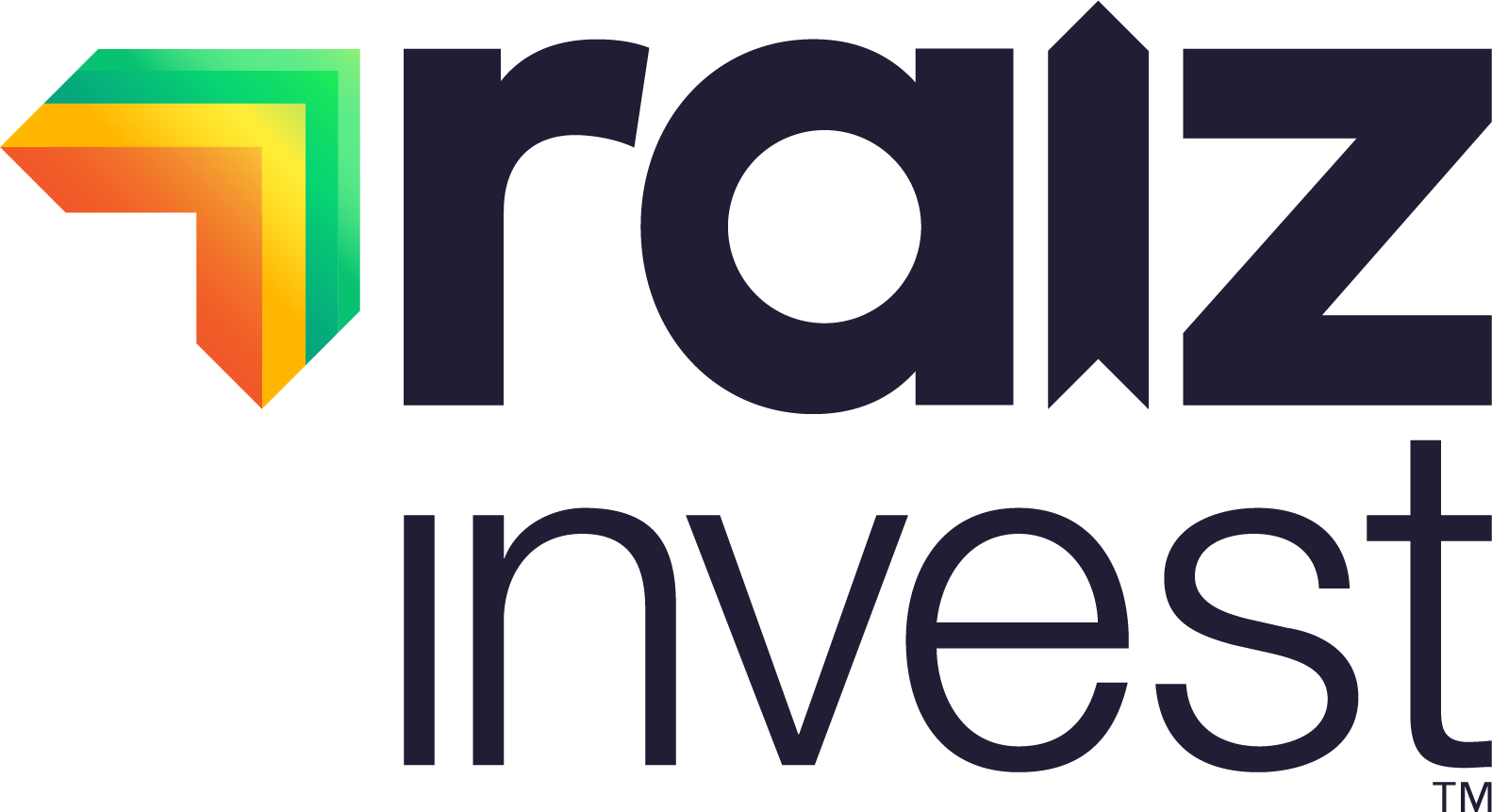
Bombarded by percentages all week? It can be enough to make even the financially savvy a little dizzy…
From the RBA lowering the cash rate from 0.25% to the lowest level in Australian history at 0.1%, to the percentage count of the US election results, there is a lot of information to process.
When it comes to your personal finances, increasing your financial awareness may also increase your percentage chance of reaching your financial goals. So, what percentages should you be focusing on?
Keep it simple. Focus on what percentage you can save from your monthly income.
A simple budgeting breakdown you could use is the 50/30/20 rule:
- Use up to 50% of your income for what you need
- Allow for up to 30% to spend on the fun stuff
- Save 20% for a rainy day, investments, or your savings goal.
But where should you put your savings? With interest rates at record lows, money in the bank is returning peanuts, so even those without nut allergies are getting sick of not growing their savings. Indeed, the low interest rates on some savings accounts has led commentators to label them “parking accounts” where savers may actually be going backwards as they’re not being compensated for the decrease in purchasing power of their savings, due to inflation.
An alternative destination for your savings, if you have a longer time frame and can also afford the possibility losing money in the short term, may lay in investing. If you are investing, you need to consider if you can afford to lose money in the short term and the type of return you are seeking.
Keep in mind that a higher return implies a higher risk, increasing the chance of losing money in the short term, so it is important to work out if you are the risky sort of person, or if you just want to stay low risk, or near the risk a bank offers.
Luckily, there are many different Raiz portfolios to suit people with all sorts of risk appetite.
If you’re unsure about risk and want more information to help choose which Raiz portfolio could be suitable for you, read our blog covering the topic here. For more information on Raiz fees, click here.
Finally, take a moment to consider the interest rates of any debts you have. Just like how your investment has the potential to grow due to compounding interest, so too does debt. Interest rates on things like credit cards, personal loans and car loans are often high and servicing them can be a roadblock on your path to better money management. Review any debts you have and make sure that you are paying them down at a rate which beats the accumulating interest.
Don’t have the Raiz App?
Download it for free in the App store or the Webapp below:
Important Information
The information on this website is general advice only. This means it does not take into account any person’s particular investment objectives, financial situation or investment needs. If you are an investor, you should consult your licensed adviser before acting on any information contained in this article to fully understand the benefits and risk associated with the product.
A Product Disclosure Statement for Raiz Invest and/or Raiz Invest Super are available on the Raiz Invest website and App. A person must read and consider the Product Disclosure Statement in deciding whether, or not, to acquire and continue to hold interests in the product. The risks of investing in this product are fully set out in the Product Disclosure Statement and include the risks that would ordinarily apply to investing.
The information may be based on assumptions or market conditions which change without notice. This could impact the accuracy of the information.
Under no circumstances is the information to be used by, or presented to, a person for the purposes of deciding about investing in Raiz Invest or Raiz Invest Super.
Past return performance of the Raiz products should not be relied on for making a decision to invest in a Raiz product and is not a good predictor of future performance.




